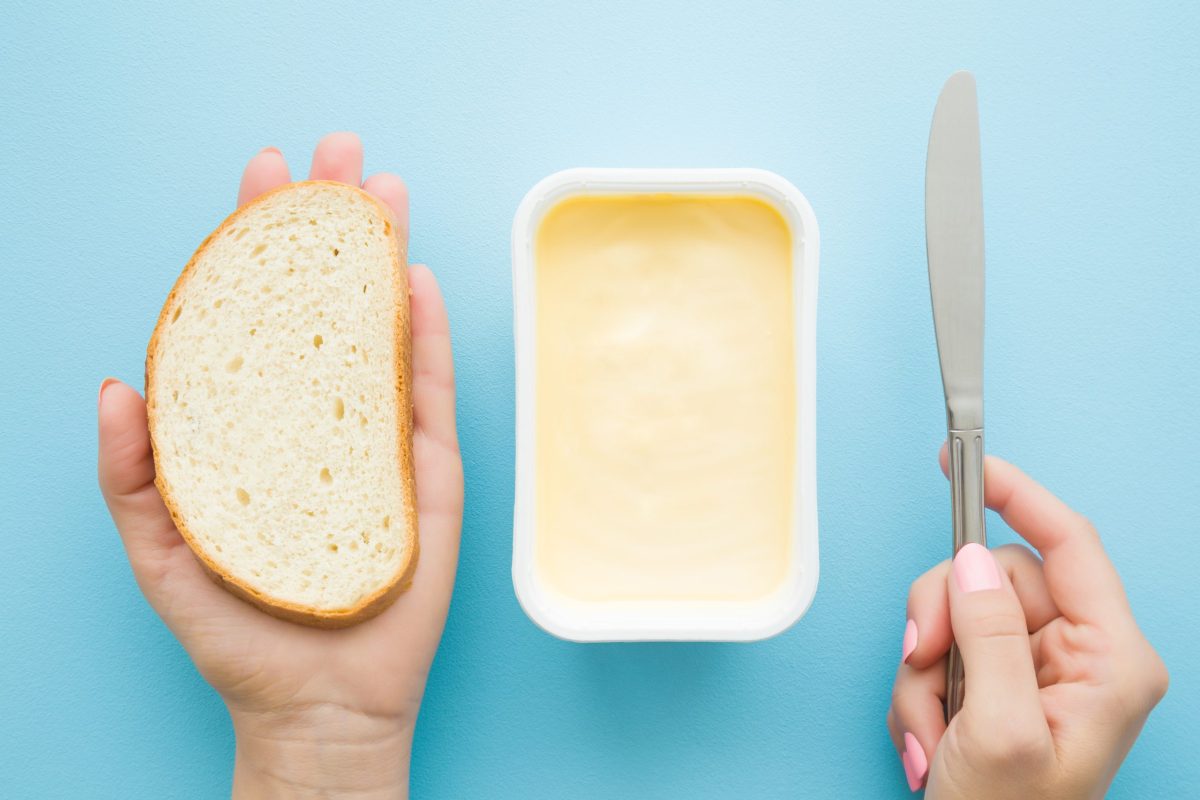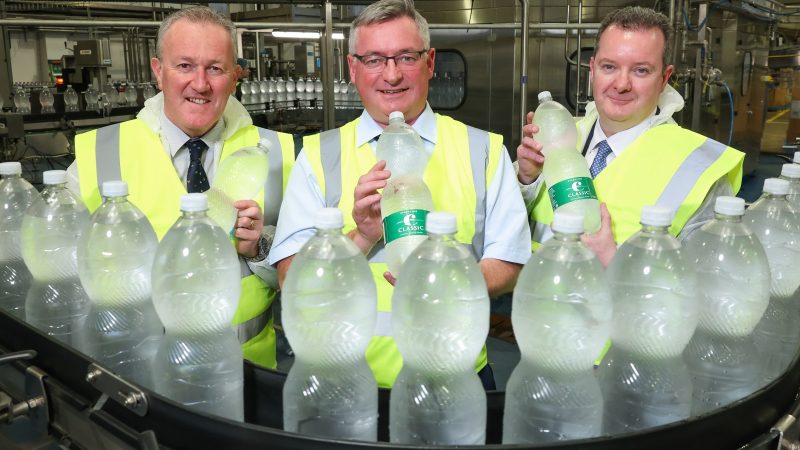Food price inflation fastest on record, British Retail Consortium says

Food prices rose at their fastest rate on record in September, with products like margarine getting more expensive, the British Retail Consortium says.
Food price inflation jumped from 9.3% last month to 10.6% this month, according to the BRC-NielsenIQ price index.
The war in Ukraine has pushed up food prices around the world.
However, long spells of sunshine helped bring down the price of fruit such as strawberries and blueberries.
The cost of living is increasing at its fastest rate in nearly 40 years, driven largely by the rising cost of food and energy.
Overall UK inflation, which measures the rate at which prices rise, was 9.9% in August, according to the Office for National Statistics.
Russia’s invasion of Ukraine has been one of the factors pushing up prices at supermarket tills.
The war has disrupted supplies from the two countries, which are major exporters of goods such as sunflower oil, wheat, and fertiliser.
Globally, food price rises have eased in recent months, according to the United Nations Food Prices Index.
But any benefits are unlikely to feed through to supermarket bills for several months.
According to the BRC-NielsenIQ price index, UK food inflation accelerated strongly to 10.6% in September. This marks the highest rate of food inflation on record.
The inflation rate for fresh food also hit a record high, at 12.1% in September, up from 10.5% in August, according to the industry group.
However, while products such as margarine have been rising sharply in price, other food items fell in price over the month.
While the summer drought diminished some harvests, other produce benefited from the prolonged sunshine, helping to bring down prices for fruit such as strawberries, blueberries and tomatoes.
Overall shop price inflation rose to 5.7% in September, up from 5.1% in August. That marks a new record since the BRC-NielsenIQ index began in 2005.
Non-food inflation also rose, driven by gardening, DIY and hardware products which were hit hard by an increase in transport costs.







